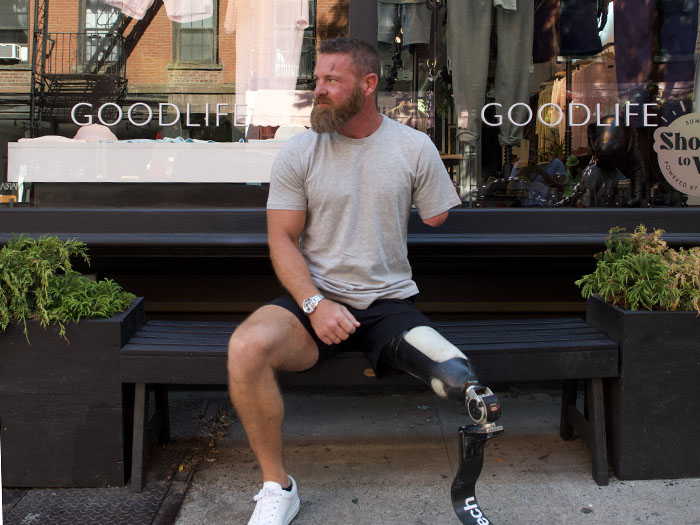California Nurses Lack the Workers’ Comp Protection Afforded Other First Responders, Say Lawmakers

A bill recently introduced in the California senate would significantly expand presumptive illness and injury protections for California workers — specifically those employed in acute-care hospital settings.
California’s S.B. 567 would create a presumption of workplace causation for a variety of conditions, including infectious diseases such as tuberculosis, MRSA and meningitis, cancer, musculoskeletal injuries, post-traumatic stress disorder and respiratory diseases.
Wait … Doesn’t California Already Have That?
Yes, and no. California first responders, including police, firefighters and EMTs, are already covered under presumptive laws for conditions such as infectious diseases, respiratory illnesses and cancer.
S.B. 567 expands those protections to nurses and other workers who provide direct patient care in acute hospital settings.
California currently does not have a state-wide presumptive law protecting first responders with PTSD. However, proposed law S.B. 542, introduced on the same day as S.B. 567, attempts to close that gap.
It’s notable that S.B. 542 is limited to “firefighting personnel and peace officers.” Nurses not included.
How Will That Impact California Employers?
The text of S.B. 567 notes that “registered nurses constitute the largest occupation within the health care sector and number over 2,500,000, of which 70 percent are employed in hospitals.”
Nursing is the single-largest health profession in California, with approximately 330,000 nurses employed at 400-plus hospitals. Those hospitals would be required to adapt their claims practices to the new law.
It’s too soon to speculate on how California’s workers’ comp insurers would react to the passage of the bill. After Pennsylvania passed a presumptive law for firefighters with cancer, some insurers dropped municipal coverage and some fire departments moved to the state’s insurance fund.
Opponents of presumptive illness and injury laws say they are too broadly drafted and force employers and insurers to pay for pre-existing and non-work-related conditions.
But others say that presumptive laws actually simplify the claims process, saving time as well as reducing unnecessary costs related to investigations and litigation.
It’s important to consider that presumptive laws aren’t an automatic green light for claims; S.B. 567, like many similar laws, creates a “rebuttable presumption.” Employers can and do deny claims for conditions covered under presumptive laws. The presumption merely shifts the onus to the employer to prove that a claim was not related to the claimant’s employment.
It’s the Presumptive Law With Social Equality Underpinnings
Once passed, SB 567 may attract more media attention than other state-level presumptive laws because of the clear gender-equality intent of its sponsors.
According to the U.S. Department of Labor, 75 percent of EMTs and paramedics, 88 percent of police officers and 95 percent of firefighters are men. Nurses — 90 percent of which are women — are exposed to many of the same hazards as other first responders. They also have significantly more exposure to infectious diseases than most firefighters or police officers.
The lack of a presumptive law covering nurses puts them at an economic disadvantage, the sponsors suggest in the bill’s text.
“In California, women earn 89 cents for every dollar earned by a man, according to the United States Census Bureau. Given this persistent wage gap and the additional caregiving burden that women often bear, guaranteeing access to workers’ compensation for nurses, of whom nearly 90 percent are women, will aid in addressing economic and social gender inequality.” &








